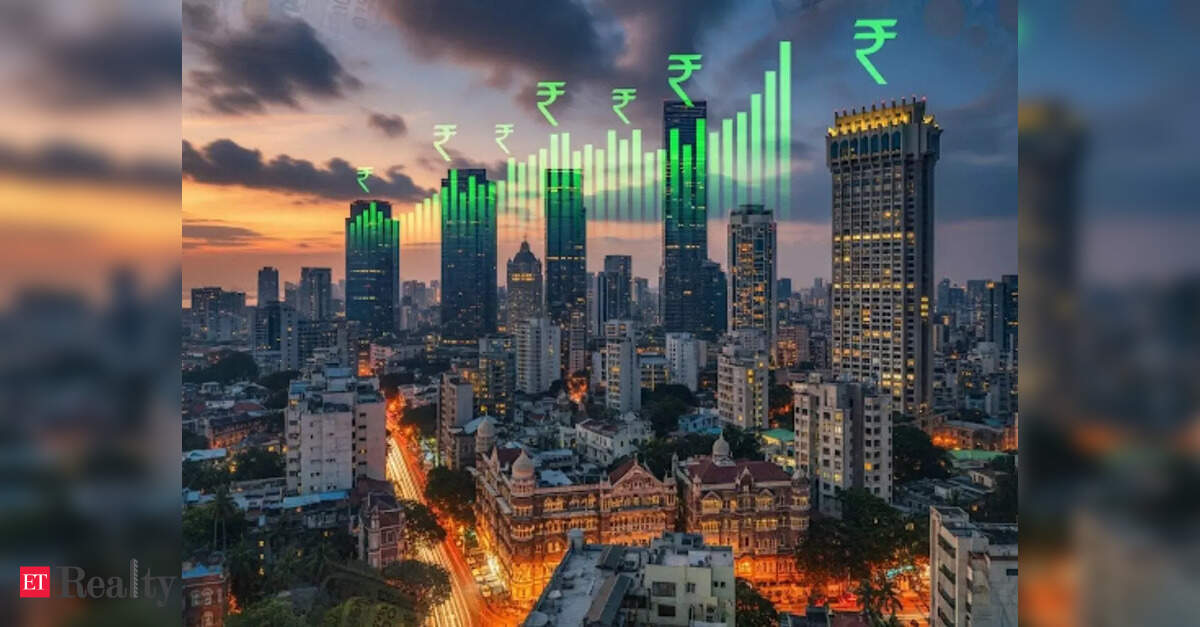
BENGALURU: Approximately 6.5 lakh owners of unauthorized properties in gram panchayats across three districts near Bengaluru are set to qualify for e-khatas under the government’s ambitious e-Swathu initiative. This program aims to provide legal documentation for over 95 lakh illegal properties statewide.
Data from the Rural Development and Panchayat Raj (RDPR) department reveals that about 2.8 lakh properties in Bengaluru Urban and 1.8 lakh each in Bengaluru Rural and Bengaluru South districts are eligible for e-khatas through the e-Swathu program, which was launched last week.
In Bengaluru Urban district, there are around 8.2 lakh properties, with roughly 5.4 lakh already possessing e-khatas. Meanwhile, 2,77,317 properties have been identified by the department for regularization to bring them into the property tax system.
In Bengaluru Rural district, which covers the northeast, north, and northwest regions of the city, there are over 4 lakh properties, with nearly 2.2 lakh holding e-khatas. More than 1.8 lakh properties here are also eligible for e-khatas.
Bengaluru South district, located in the southern and southwestern parts of the city, encompasses over 3.4 lakh properties, of which around 1.5 lakh have e-khatas.
Since the state government mandated e-khata for all property transactions, including registration, a year ago, property owners must obtain e-khata to secure bank loans against their properties.
Mandakini K, a nursing professional from Hesaraghatta, expressed relief regarding the e-Swathu initiative. She faced challenges in registering a release deed after repaying a bank loan due to not having an e-khata. “I purchased a residential plot in a revenue layout and took out a bank loan. After repaying it fully, I couldn’t register the release deed because I lacked the e-khata. Now, I can pursue getting it,” said Mandakini.
Arundhati Chandrashekar, commissioner of the Karnataka Panchayat Raj Commissionerate, mentioned that there are 1.5 crore property records in the department, with over 95 lakh needing e-khatas. “We will soon issue e-khatas for these properties. The initiative also includes offering B-khatas as a one-time relief for unauthorized properties,” she stated.
Sources indicate that the e-Swathu initiative will not only enable property owners to obtain e-khatas but will also enhance property tax collections for gram panchayats. In the financial year 2024-25, tax collected was Rs 1,272 crore, which is expected to reach at least Rs 2,000 crore under the e-Swathu initiative.




